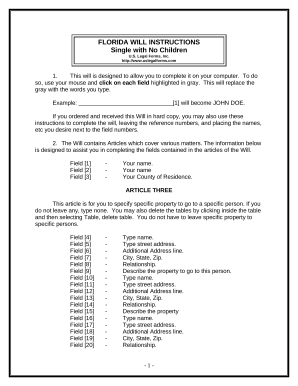
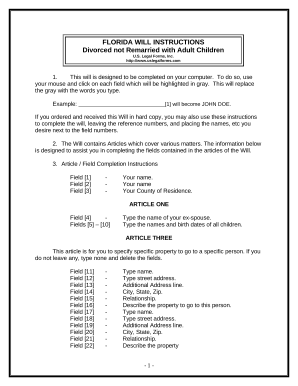

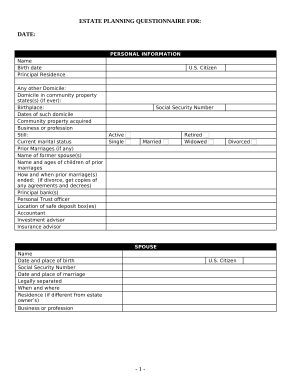
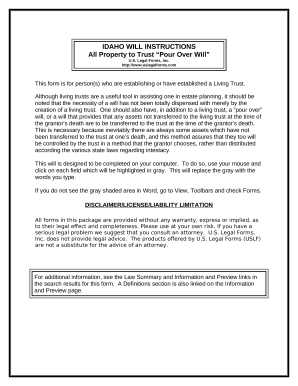
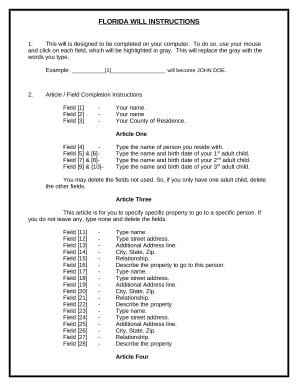
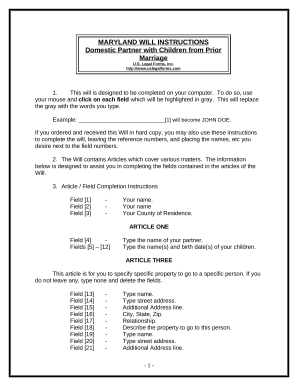
Your workflows always benefit when you can easily get all the forms and documents you will need on hand. DocHub supplies a huge selection of templates to alleviate your day-to-day pains. Get a hold of Final Will and Testament category and quickly browse for your form.
Begin working with Final Will and Testament in several clicks:
Enjoy smooth record managing with DocHub. Check out our Final Will and Testament category and locate your form today!